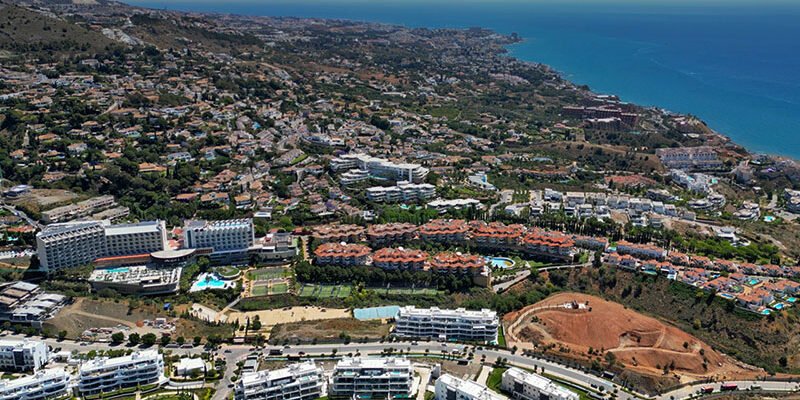Selling a house in Spain can be a complex process, especially when it comes to taxes and fees. If you are considering selling your property in Spain in 2023, it is important to know the various expenses that you will be facing. While there is no automated calculator to estimate these costs, we've compiled a comprehensive list to help you easily calculate the taxes and fees associated with selling a property in Spain.
Firstly, it is important to note that expenses can vary between 5% and 15% of the final sale price, depending on the location of the property and the seller's situation. For example, if the seller is over 65 years of age or if they reinvest all the money from the sale in a new property for their first residence, they may be exempt from paying personal income tax (known in Spain as IRPF).
There are also several fees that must be paid to sell a property in Spain. These include the energy performance certificate, habitability certificate, Nota simple, and mortgage cancellation costs.
The habitability certificate certifies that the property complies with the minimum safety and habitability requirements. The cost of obtaining this document in 2023 is on average around 100 euros, depending on the professional, property, and fees charged by the local council.
The energy performance certificate became mandatory in Spain from 2013, and it shows the energy consumption of the property, accrediting its level of energy efficiency. The average cost of obtaining this document in 2023 is around 100 euros, depending on the size of the property.
If the property has a mortgage, the mortgage cancellation costs must be paid before the sale can be completed. The cost of canceling the mortgage varies between 400 to slightly over 1,000 euros, depending on the method used.
The nota simple document is used to check if the property has any encumbrances, such as mortgages. The easiest way to obtain this document is through the web portal of the Association of Registrars, with a cost of 10 euros.
Once a buyer has been found, there are three main expenses to consider to close the sale. The deposit contract is not mandatory, but it is recommended, as it protects both parties in case one of them backs out when signing the purchase contract. The cost of this document varies, but it is usually included in the sales commission paid to the real estate agency or lawyer. You can also make a reservation contract that differs from the deposit contract, however you should ask your lawyer and real estate agent what will work best for you.
Notary fees cover the costs of the public deed, including the notary's fees. These fees are usually paid in full by the buyer, although the seller is legally responsible for paying the costs of the public deed of sale.
Lastly, taxes must be paid when selling a property in Spain. These include IRPF income tax, municipal capital gains tax, and Real Estate Property Tax (IBI). The amount of tax paid depends on various factors, including the location of the property and the seller's situation. Non-residents may also be subject to additional taxes.
In conclusion, selling a property in Spain involves various fees and taxes that can add up to a considerable amount. It is important to be aware of these costs when selling your property and to seek professional advice if necessary.
